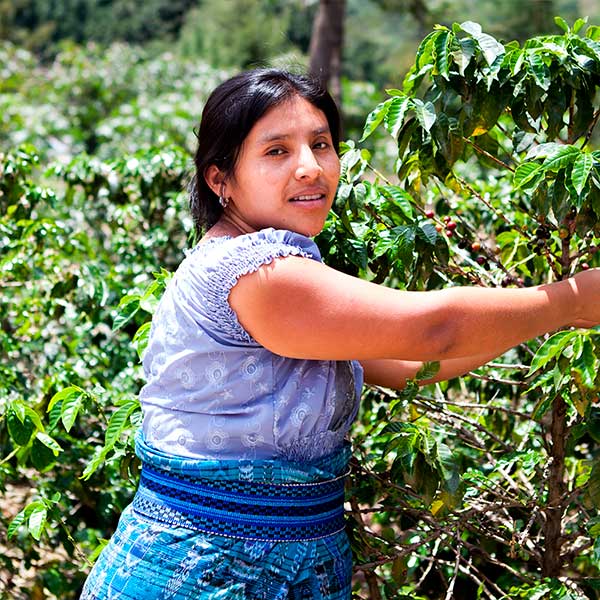Current
projects
Brazil
55,697 Number of women aged 15-49 (thousands)1 1.62 Total Fertility Rate (TFR)1 78.1% Percent of Married Women 15-49 Using Contraception, Modern Methods2 1.4% Percent of women using IUDs Among Modern Contraceptive Users3 9.0% Percent of married women with unmet need for modern family planning2
1 United Nations, Department of Economic and Social Affairs, Population Division. World Population Prospects 2024, custom data acquired via website.
2 United Nations, Department of Economic and Social Affairs, Population Division. Model-based Estimates and Projections of Family Planning Indicators 2024, custom data acquired via website.
3 UN Contraceptive Use by Method Data Booklet 2019.
UNICAMP
Collaboration between Brazil and ICA Foundation began in May 2006 and is ongoing today. Brazil’s program aims to train public sector professionals in the counseling and device insertion/removal technique, as well as the introduction of the LNG IUS into large public institutions in Brazil. The program officers have collaborated with Bayer Schering Pharma to obtain approval from the Federal Ministry of Health to register the LNG IUS as an essential drug in Brazil, facilitating its importation and distribution throughout the country. Additionally, research studies are to be conducted, evaluating the pharmacoeconomics of the LNG IUS distribution system to inform the local MOH and possibly expand reach. The primary partnership driving these programs is with UNICAMP, the Center for Mother and Child Research of Campinas, and is directed by Dr. Luis Bahamondes. UNICAMP is the research branch of the Department of Obstetrics and Gynecology, School of Medicine, Universidade Estadual de Campinas. It is a non-profit organization dedicated to research in reproductive health and in evaluation of programs, contraceptive introduction and violence against women. The Human Reproductive Unit of the Department of Obstetrics and Gynecology conducts in-house training for medical residents from their own institution and other public institutions devoted to family health working within public network of health posts. LNG IUS products are available for distribution from UNICAMP trained medical providers in fourteen reproductive health facilities. Throughout this collaboration, LNG IUS distribution and FP services have increased the reach of services available to low-income women.

